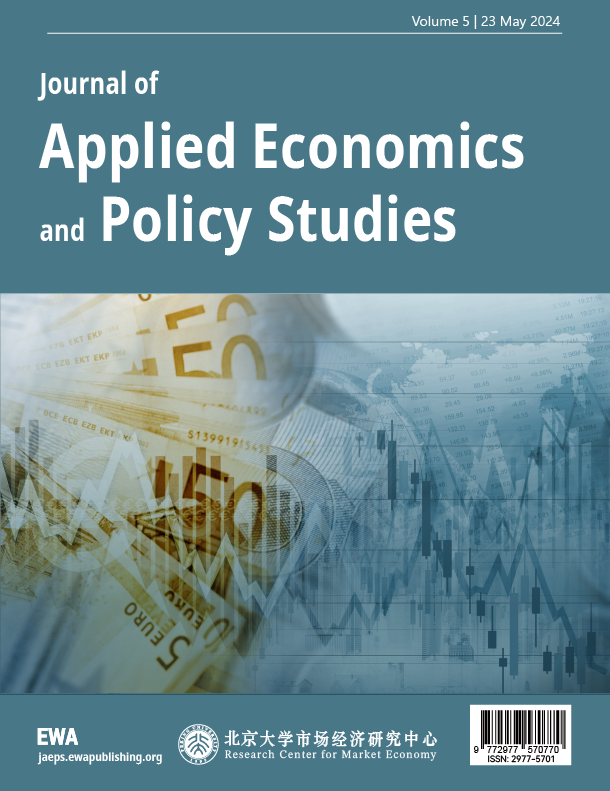References
[1]. Kim, J., Kim, M., & Lee, S. M. (2025). Unlocking trust dynamics: An exploration of playfulness, expertise, and consumer behavior in virtual influencer marketing.International Journal of Human-Computer Interaction, 41(1), 378–390.
[2]. Masuda, H., Han, S. H., & Lee, J. (2021). Impacts of influencer attributes on purchase intentions in social media influencer marketing: Mediating roles of characterizations.Technological Forecasting and Social Change, 174, Article 121185.
[3]. Nekmahmud, M., Naz, F., Ramkissoon, H., et al. (2022). Transforming consumers' intention to purchase green products: Role of social media.Technological Forecasting and Social Change, 185, Article 122071.
[4]. Jiang, H., Cheng, Y., Yang, J., et al. (2022). AI-powered chatbot communication with customers: Dialogic interactions, satisfaction, engagement, and customer behavior.Computers in Human Behavior, 134, Article 107311.
[5]. Nythinen, J., Sirola, A., Koskelainen, T., et al. (2024). Online antecedents for young consumers’ impulse buying behavior.Computers in Human Behavior, 153, Article 107002.
[6]. Wankhade, M., Chandra Sekhara Rao, A., & Kulkarni, C. (2022). A survey on sentiment analysis methods, applications, and challenges.Artificial Intelligence Review, 55, 5731–5780.
[7]. Stanculescu, E., & Griffiths, M. D. (2022). Social media addiction profiles and their antecedents using latent profile analysis: The contribution of social anxiety, gender, and age.Telematics and Informatics, 74, Article 101905.
[8]. Meng, S., & Leung, L. (2021). Factors influencing TikTok engagement behaviors in China: An examination of gratifications sought, narcissism, and the Big Five personality traits.Telecommunications Policy, 45(7), Article 102164.
[9]. Vandenbosch, L., Fardouly, J., & Tiggemann, M. (2022). Social media and body image: Recent trends and future directions.Current Opinion in Psychology, 45, 101290.
[10]. Zafar, A. U., Qiu, J. N., Li, Y., et al. (2021). The impact of social media celebrities' posts and contextual interactions on impulse buying in social commerce.Computers in Human Behavior, 115, Article 106622.
[11]. Wolfers, L. N. N., & Utz, S. (2022). Social media use, stress, and coping.Current Opinion in Psychology, 45, 101292.
[12]. Milakovic, I. K. (2021). Purchase experience during the COVID-19 pandemic and social cognitive theory: The relevance of consumer vulnerability, resilience, and adaptability for purchase satisfaction and repurchase.International Journal of Consumer Studies, 45(6), 1425–1442.
[13]. Karsli, G. (2024). The role of technological addictions and personality traits on online compulsive buying. Izmir Katip Celebi University.
[14]. Mundel, J., Wan, A., & Yang, J. (2024). Processes underlying social comparison with influencers and subsequent impulsive buying: The roles of social anxiety and social media addiction.Journal of Marketing Communications, 30(7), 834–851.



